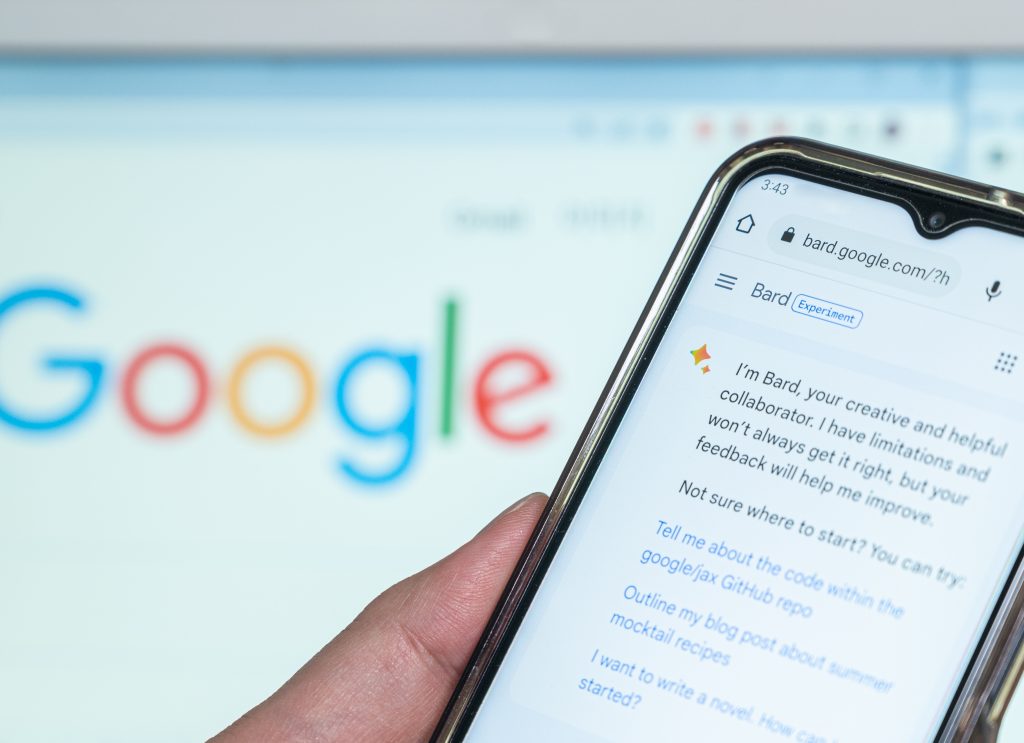Is AI developing too fast?
The rapid advances of artificial intelligence are causing both excitement and apprehension. In an exciting interview with Google’s AI executives, CBS News looks at both sides.
Artificial intelligence (AI) is advancing rapidly. One example of the remarkable – and in some ways disturbing – progress is Google Bard. The AI-based chatbot was developed as Google’s response to the success of OpenAI’s ChatGPT and released in limited capacity in March 2023.
From a six-word prompt, Bard creates a deeply human story with characters of its own invention – within seconds. Over several months, the AI has read almost everything on the Internet and created a model for what language looks like. Instead of searching, answers come from that language model. Thanks to Bard’s microchips, at 100,000 times the speed of the human brain.
On the one hand, there is the enthusiasm about what AI can already do and the curiosity and anticipation about how it will make our (working) lives even easier in the future. On the other hand, however, there is the fear of a rapidly changing (working) world and the fear that AI could outgrow us humans and cause more harm than good (keyword machine learning, ML).
The biggest changes are likely to take place in workplaces. According to James Manyika (senior vice president of Google), more than two-thirds will probably see their definitions change. So they won’t disappear with the support of AI and automation, but they will change. We are in for a profound change that will impact skills. People will have to learn to work with machines.
One of the most important questions in the further development of AI is probably how to develop AI systems that are guided by human values. Sundar Pichai (CEO of Google LLC and its holding company Alphabet Inc.) already expressed that not only engineers, but also social scientists, ethicists, philosophers and so on must be involved in the development. However, he also went on to say that society would have to figure all this out in the course of development and that it was not the decision of any one company to decide.
For more background on the development of Bard, as well as Google’s position in the AI revolution, see the interview with Google’s AI executives linked here by CBS NEWS.
Source: CBS News


